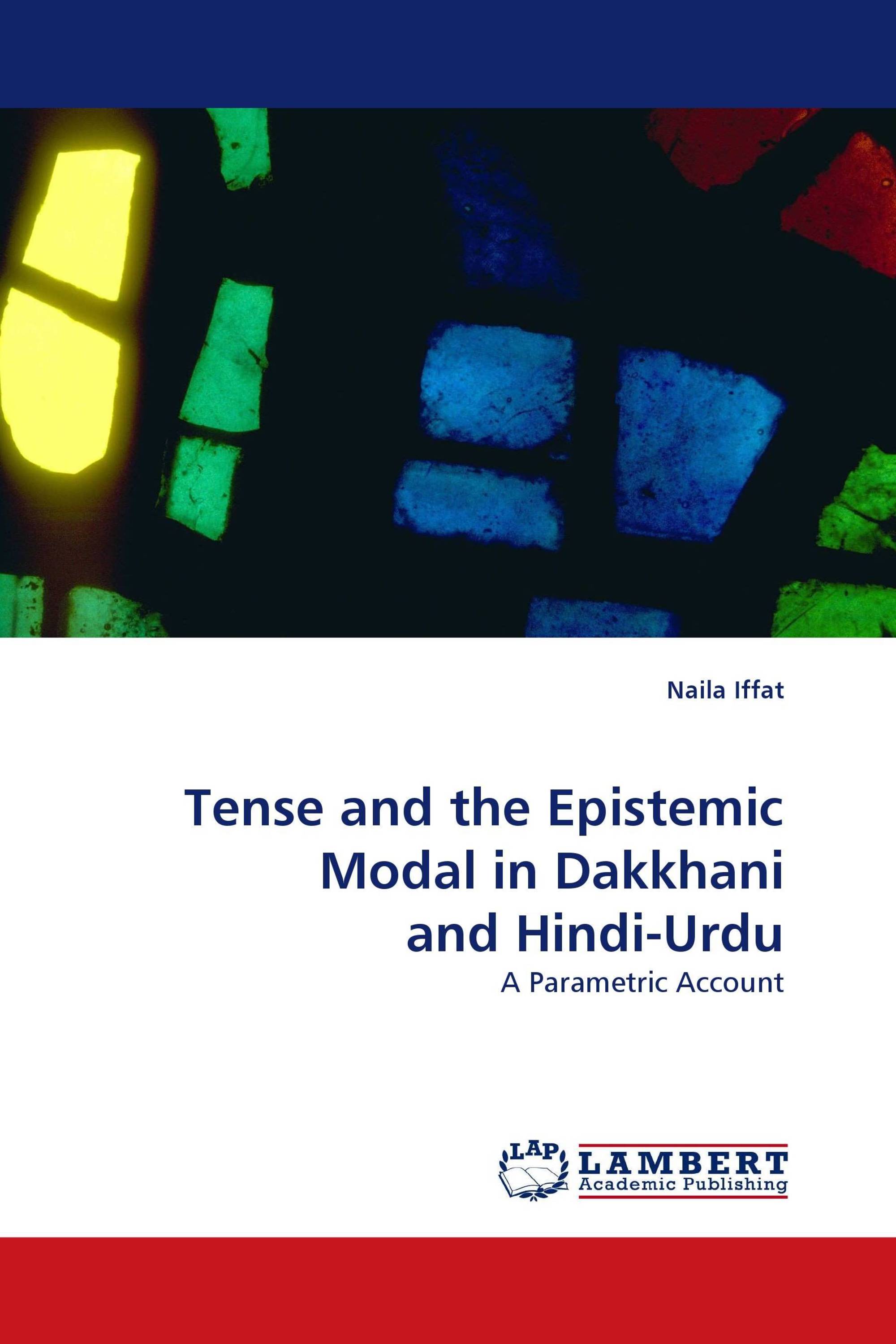This work describes and explains a parametric variation between Dakkhani and Hindi Urdu with regard to the epistemic modal and tense. In Hindi-Urdu, the epistemic modal hoogii and Tense(+/-Past) do not co occur, whereas, in Dakkhani, a variant of Hindi-Urdu, the epistemic modal co occurs with the Tense(+Past) auxiliary thii. Two proposals based on the notion of functional categories, Cinque''s (1999) Universal Hierarchy of the Functional Heads, and Giorgi and Pianesi''s (1997) Feature Scattering Principle, are used to try to explain this variation. After a careful study, the research posits a new functional head for Dakkhani and proposes a re-ordering of its functional heads. It suggests that parametric variation seems to be a result of a change in the ordering of the functional heads instantiated by a language. It also explains the semantics of sentences in which the modal and tense co occur, using the Reichenbachian (1947) theory of tense as modified by Hornstein (1990). This work would be useful to linguists studying cross-linguistic variation and those interested in the Hindi-Urdu tense system.
Book Details: |
|
|
ISBN-13: |
978-3-8383-3272-7 |
|
ISBN-10: |
3838332725 |
|
EAN: |
9783838332727 |
|
Book language: |
English |
|
By (author) : |
Naila Iffat |
|
Number of pages: |
96 |
|
Published on: |
2010-09-15 |
|
Category: |
General and comparative linguistics |
